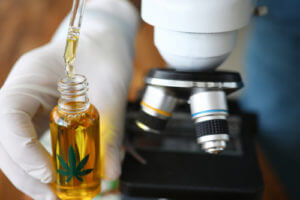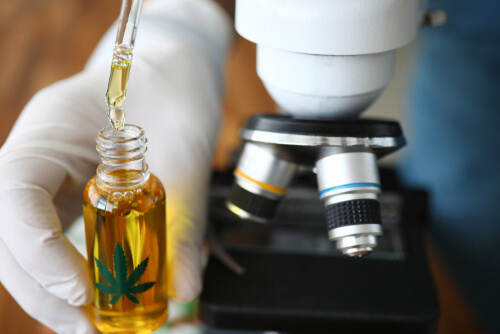
Hemp-derived cannabidiol (CBD)-infused health and wellness products are the talk among health-conscious people. This is because they can be used for mitigating the symptoms of many common ailments. Also, studies show that CBD does not produce side effects at normal doses, and it is regarded as a safer option than pharmaceutical painkillers. Due to the popularity of cannabidiol, health and wellness product manufacturers are introducing different types of products infused with this cannabinoid. This also increases the risk of coming across substandard CBD products. The purpose of this article is to discuss CBD regulations in detail.
The Current CBD Laws
CBD products became widely available for the general population after the US Farm Bill of 2018. With this bill, industrial hemp cultivation was legalized at the federal level, and cannabidiol (CBD) was removed from the list of schedule 1 drugs. Also, according to federal laws, the THC content of hemp-derived cannabidiol products must be less than 0.3%.
In 2019, the United States Department of Agriculture (USDA) issued rules that regulated the following for hemp cultivation:
- Land used for cultivation
- Licensing
- Disposal of non-compliant plants
- THC testing and sampling
- Reporting to USDA
- Inspections
- State and tribal plan approvement
You must know that CBD regulations do not involve the United States Drug Enforcement Administration (DEA) because CBD was removed from the list of controlled substances. However, the DEA has the authorization to monitor THC levels in cannabidiol-infused health and wellness products. Remember that THC content in these products is one of the important CBD laws at the state and federal levels.
The FDA Actions
The FDA has enforced actions against CBD companies that make therapeutic and health claims.
The FDA has enforced actions against CBD products that claims the following:
- Anti-inflammatory effects
- Pain relief
- Promoting sleep
- Treating diseases like Crohn’s disease, infections, arthritis, and cardiovascular disease
- Treating psychological and neurological disorders
You must know that many of the potential therapeutic effects and health benefits of cannabidiol (CBD) are not well understood. So, it is not used as part of conventional treatment, or it cannot replace many pharmaceutical drugs.
Checking The Quality Of A CBD Brand
- Reputed and high-quality CBD brands must have the quality of their products tested by accredited third-party labs.
- Check the Certificate of Analysis (COA) for the content of CBD products; ensure that THC content is less than 0.3%.
- Read customer reviews, especially when you are buying CBD products online.
On a final note, the CBD laws at the state level are amended as more people are beginning to use cannabidiol-infused health and wellness products.

